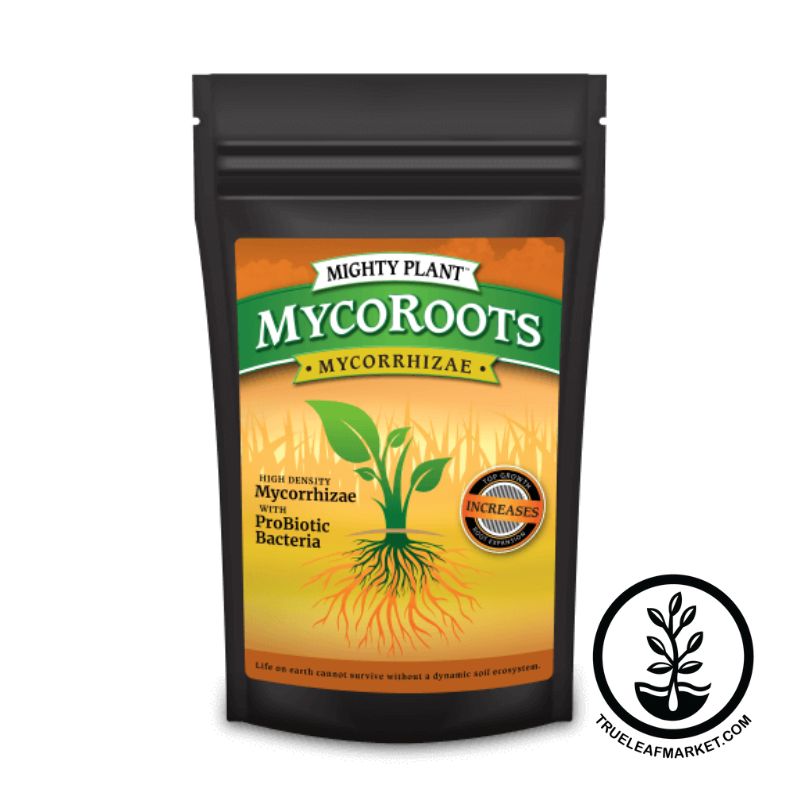 |
Written By Lara Wadsworth |
November is a key transitional month in the garden. Most zones are gathering in their last rounds of harvests, but the entire garden isn’t quite dormant yet. Even if the frost has arrived in your growing location, there’s still a lot you can do this month to keep your garden healthy and happy. Doing the right tasks now sets you up for success next spring, prevents problems from happening over the winter, and overall gives your garden a head start. This advice can vary by region and zone, so check with your local extension service if you’re unsure of what applies to your area.
5 Fall Garden Tasks to Prepare for Spring
Get your garden ready now with these must-have tools and supplies!
1. Plant Trees, Shrubs, and Spring Bulbs
For many regions, November is the ideal time of year to plant new perennials, including trees, shrubs, and flowering bulbs or corms. The soil is still workable, but the plants will have all winter to establish before spring comes. Remember, bulbs need to be planted around 2-3 times as deep as they are large. Finally, mulch around your newly planted roots or bulbs, but don’t pile it up around the trunk or crown. In cooler zones, do this planting in early November. In milder zones, wait until the soil cools in late November.
2. Clean Up Garden Areas
If you only do one thing this November, let it be this: Remove spent annuals, clear away fallen leaves and other debris, and remove spent perennial foliage. Compost healthy leaves, plant cuttings, and other waste, but be surre to destroy diseased plant matter away from the garden. Remove faded blooms, dry stalks, and dead foliage on all plants. Cut back or remove frost-killed plants, but leave seed pods (like with coneflowers) for local birds. Removing diseased plant material reduces overwintering pests and pathogens, cleans the slate for next season, and keeps the garden tidy. In wet regions or where fungal issues are common, this is especially important.
3. Mulch, Protect, and Insulate
Add mulch to all garden beds, including those without plants. Protect perennials with mulch, fabric, or other protection when necessary. You can even wrap trunks of vulnerable trees with netting fencing, or cages to prevent animals from eating the bark over the winter. For potted plants, move them indoors, into a garage, or properly insulate the pots to protect the roots from freezing. Add 2-3 inches of straw or leaf mulch over strawberries and other tender perennials before the first heavy freeze. Use leaves or composted mulch to cover bare soil, suppress weeds, and prevent erosion. This is important to do because mulch moderates the soil temperature, conserves moisture, protects roots from winter stress, and suppresses weeds in the spring.
4. Soil Testing and Amendments
Believe it or not, November is actually a great time to send in soil samples for analysis. This time of year isn’t as busy for most soil labs, and it gives you plenty of time to get your results back and add amendments as necessary before spring. Contact your local extension office if you’re not sure where or how to get your soil tested. Many universities have a resource available for a small fee. Taking care of soil issues in the offseason means less scrambling in spring. Adding organic matter now improves structure and fertility for later growing. In colder zones, finalize soil work before the ground freezes; otherwise, you will want to address it in the spring. In warmer zones, you may delay slightly, but earlier is better.
5. Sanitize and Winterize Tools and Equipment
Clean, sanitize, sharpen, oil, drain, and otherwise service all of your garden equipment now so that they can be ready to go for the spring. Sanitize used pots, shovels, trowels, and other gardening tools with a solution of bleach and water to prevent pathogens from recurring next year. Remove fuel from power equipment and sharpen blades. Service your lawnmower and any other large equipment. Blow out your irrigation system and move all hoses and other irrigation supplies into a shed or garage to protect them from winter damage. Proper maintenance now saves money, prevents damage during the off-season, and ensures your gear is ready to hit the ground running as soon as you are.
Notes For Southern Gardens
If you live in warmer climates that receive little to no frost or snow, November might look totally different for you! You can now plant your cool-season crops, including pansies, violas, kale, cabbage, turnips, lettuce, spinach, garlic, and many ground covers. In contrast, summer might not be the best vegetable gardening weather where you are, but fall, winter, and spring certainly can be. Extending planting options and preparing early gives you more yield and interest throughout the year.
Prepare Now For Spring
November might be a great month for curling up with a pumpkin spice latte and reading a good book by the fire. But November is actually a critical preparation month for gardeners to be ready for the coming spring. Doing these tasks now pays dividends in just a few months. Follow these five simple tasks now, and you will not regret it come spring. Don’t forget: your local extension office can offer more specific and tailored advice for your region if you have any questions about when to do which tasks. So, grab your gardening gloves one more time and prepare your space for spring!
 |
Lara Wadsworth, True Leaf Market Writer |
I am a native of Southwestern Michigan, where I currently reside. I love all things plants! After completing a Bachelor's Degree in Horticulture, I found a dream work-from-home job that allows me to share my passion. Now, I spend my days writing for TLM, playing with my dog, eating delicious food with my husband, and plotting my next landscape or gardening move. I believe everyone should get down and dirty in the soil now and then. Happy Gardening!






















0 comments
No comments yet! Be the first to start a conversation.